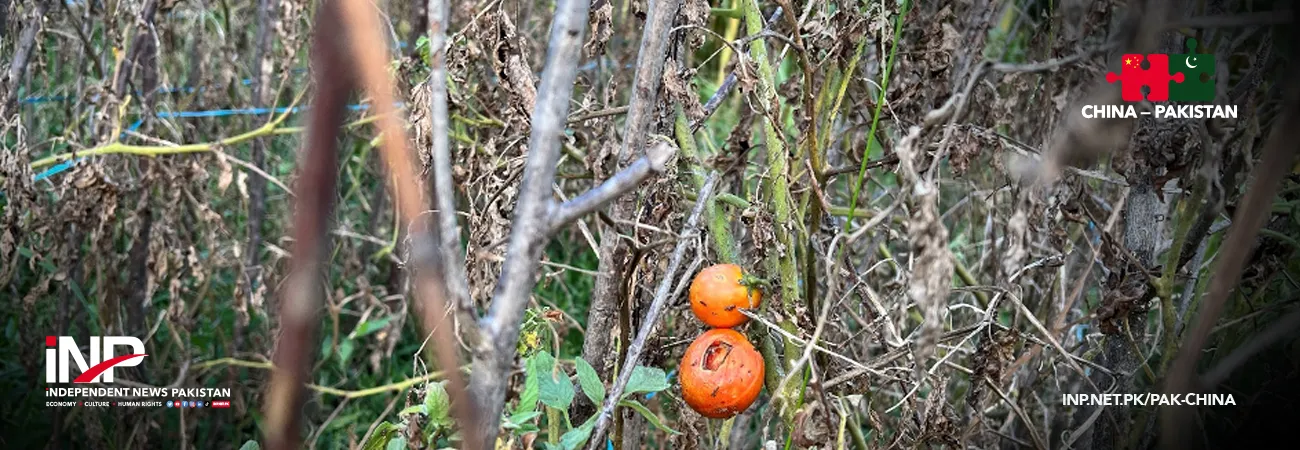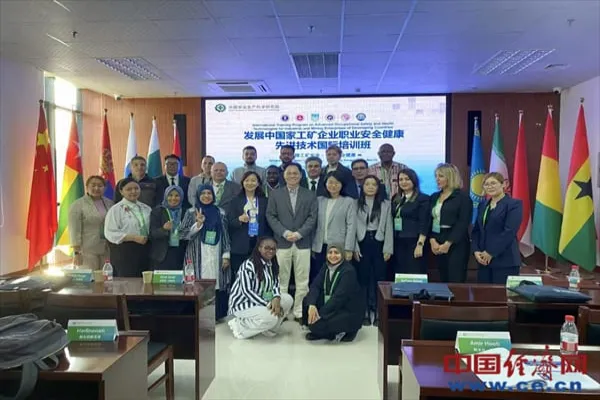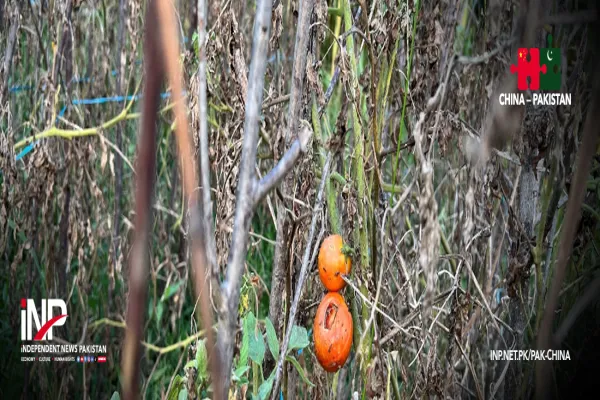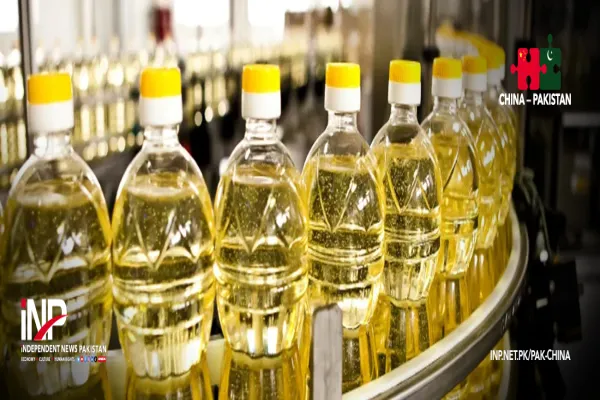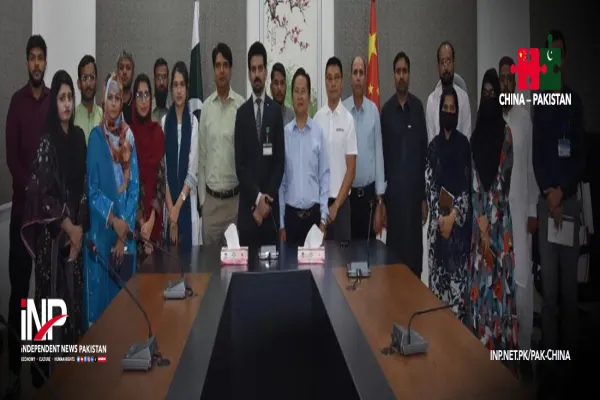i NEWS PAK-CHINA
A team of Pakistani and Chinese scientists has published a landmark study exploring the molecular and biochemical mechanisms that enable horticultural crops to withstand multiple environmental stresses, including drought, salinity, and heat. The collaborative review, titled “Insights into Molecular and Biochemical Approaches of Multi-Stress Responses in Horticultural Crops,” was submitted in January 2025, accepted by the international journal Plant Growth Regulation (Springer Nature) in July 2025, and published online on October 16, 2025, reports Gwadar Pro.
The study was led by Dr. Murad Muhammad, Dr. Abdul Basit, and Dr. Li Li, key authors representing leading research institutions in both countries. The research was conducted jointly through the State Key Laboratory of Desert and Oasis Ecology and the Xinjiang Key Laboratory of Biodiversity Conservation and Application in Arid Lands, both affiliated with the Xinjiang Institute of Ecology and Geography, Chinese Academy of Sciences (CAS), Urumqi, China.
These laboratories provided critical facilities for molecular and biochemical analysis in arid-land horticultural research. On the Pakistani side, scientists from the University of Faisalabad and the University of Agriculture Peshawar contributed to the horticultural and plant-science components of the study, reflecting a growing research partnership between the two nations.
The paper offers insights into the molecular and biochemical methodologies used to understand and manage multi-stress responses in horticultural crops. “Horticultural crops face stresses that threaten their productivity and survival, making it imperative to unravel the underlying molecular and biochemical mechanisms governing their multi-stress responses,” the authors wrote.
The research highlights that drought, high salinity, and temperature extremes severely limit plant growth, particularly in arid and semi-arid regions, which include large areas of Pakistan and western China.
The study notes that “abiotic stressors exert a significant influence of over 90 percent on the growth of plants and crops in rural regions,” often resulting in serious yield losses. According to the authors, understanding these molecular stress-response mechanisms can help “formulate sustainable approaches to enhance stress resilience in horticultural crops,” thereby strengthening food security under changing climate conditions.
The paper explains how transcription factors, ion transporters, and antioxidant enzymes interact to maintain cellular stability during drought and salinity stress. Their findings also suggest solutions to support crop performance in low-fertility soils, such as those found in Pakistan’s dryland ecosystems.
In addition, the study points to modern “‘omics’-based” tools as the future of horticultural biotechnology. The researchers have identified molecular strategies that can “accelerate breeding programs for stress-tolerant cultivars.” By combining the expertise of Pakistani and Chinese arid-land research institutes, the paper contributes to a growing body of cooperative work focused on sustainable agriculture in extreme climates.
The study reflects the ongoing partnership between Pakistani and Chinese research institutions under the Chinese Academy of Sciences framework, which promotes joint exploration of arid-zone agriculture, biodiversity, and climate adaptation.
Credit: Independent News Pakistan (INP) — Pak-China



